Toodle-loo: all aboard the UK's first 'poo bus'
Inventors say the bus powered by human waste will improve air quality and prove the value of poo
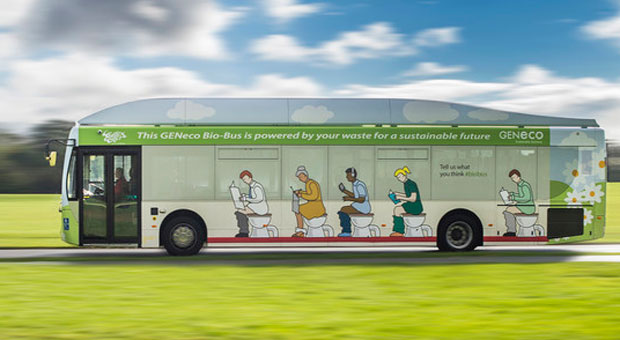
A free daily email with the biggest news stories of the day – and the best features from TheWeek.com
You are now subscribed
Your newsletter sign-up was successful
An environmentally friendly bus powered by human waste, the first of its kind in the UK, entered service in Bristol today.
The 'Bio Bus' runs on biomethane gas generated from human waste and leftover food, emitting 30 per cent less carbon dioxide than a diesel powered vehicle.
The bus is operated by the Bath Bus Company and will transport people between Bristol airport and the centre of Bath. Developers hope it will improve air quality and showcase the power of biofuel.
The Week
Escape your echo chamber. Get the facts behind the news, plus analysis from multiple perspectives.

Sign up for The Week's Free Newsletters
From our morning news briefing to a weekly Good News Newsletter, get the best of The Week delivered directly to your inbox.
From our morning news briefing to a weekly Good News Newsletter, get the best of The Week delivered directly to your inbox.
The gas is produced at the nearby Wessex Water sewerage plant that is run by the energy firm GENeco.
"Gas powered vehicles have an important role to play in improving air quality in UK cities," GENeco general manager Mohammed Saddiq told the BBC. "The Bio Bus goes further than that and is actually powered by people living in the local area, including quite possibly those on the bus itself."
The annual food and sewage waste produced by one person would fuel the bus for up to 37 miles. Impurities from the gas have been removed so its combustion produces "virtually odour free emissions", bosses say.
"The bus clearly shows that human poo and our waste food are valuable resources," said Charlotte Morton, chief executive of the Anaerobic Digestion and Bioresources Association.
A free daily email with the biggest news stories of the day – and the best features from TheWeek.com
She said practices concerning food waste needed to change urgently. "Food which is unsuitable for human consumption should be separately collected and recycled through anaerobic digestion into green gas and biofertilisers, not wasted in landfill sites or incinerators," Morton said.
-
 Health insurance: Premiums soar as ACA subsidies end
Health insurance: Premiums soar as ACA subsidies endFeature 1.4 million people have dropped coverage
-
 Anthropic: AI triggers the ‘SaaSpocalypse’
Anthropic: AI triggers the ‘SaaSpocalypse’Feature A grim reaper for software services?
-
 NIH director Bhattacharya tapped as acting CDC head
NIH director Bhattacharya tapped as acting CDC headSpeed Read Jay Bhattacharya, a critic of the CDC’s Covid-19 response, will now lead the Centers for Disease Control and Prevention
-
 Shell’s North Sea oil U-turn: ‘a first victory in a longer war’?
Shell’s North Sea oil U-turn: ‘a first victory in a longer war’?Speed Read Controversy after oil giant pulls out of proposed Cambo project
-
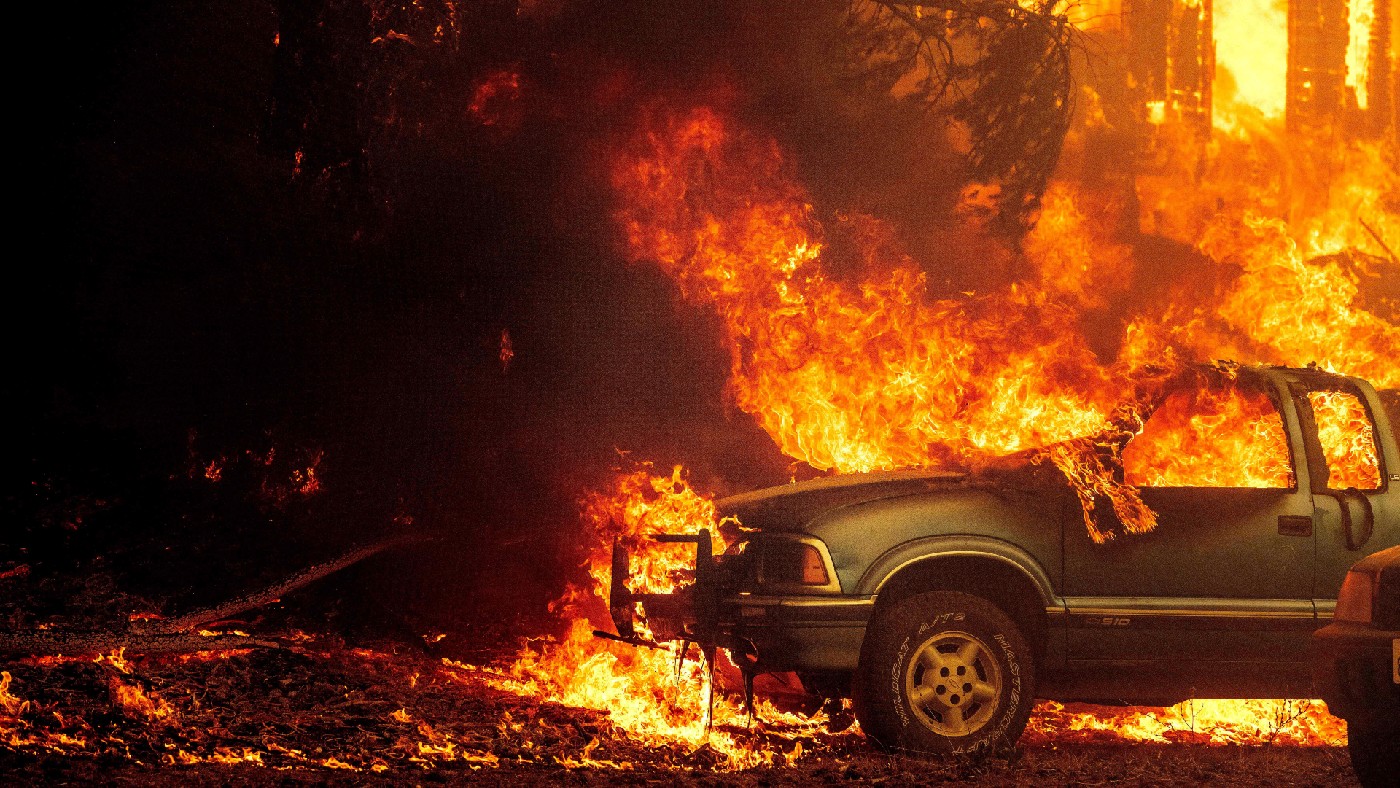 Fires, floods and storms: America’s ‘permanent emergency’ has begun
Fires, floods and storms: America’s ‘permanent emergency’ has begunSpeed Read This summer of climate horror feels like the ‘first, vertiginous 15 minutes of a disaster movie’, says The New York Times
-
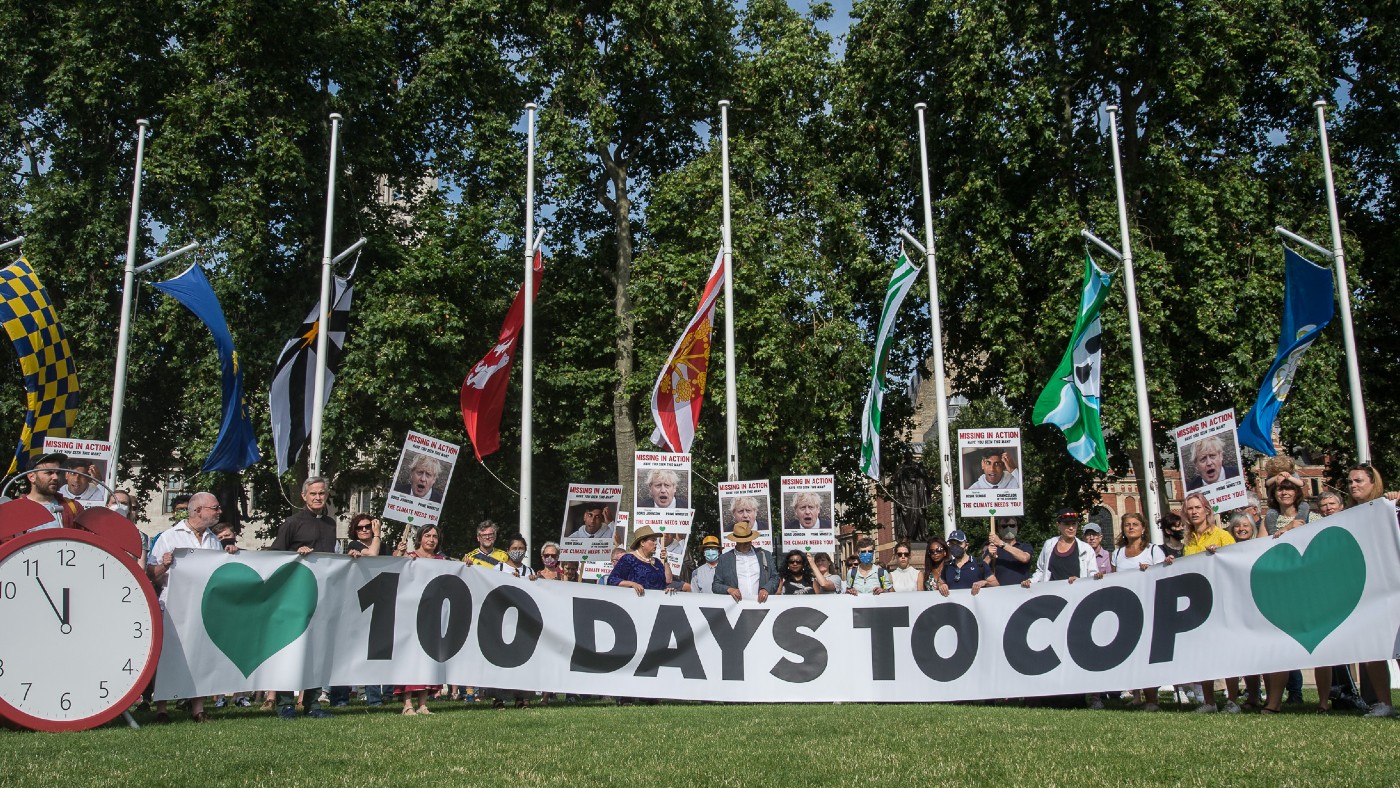 Hot air and empty rhetoric: is the UK acting too slowly on climate change?
Hot air and empty rhetoric: is the UK acting too slowly on climate change?Speed Read ‘Every day, new evidence accumulates that humanity is on an unsustainable path’
-
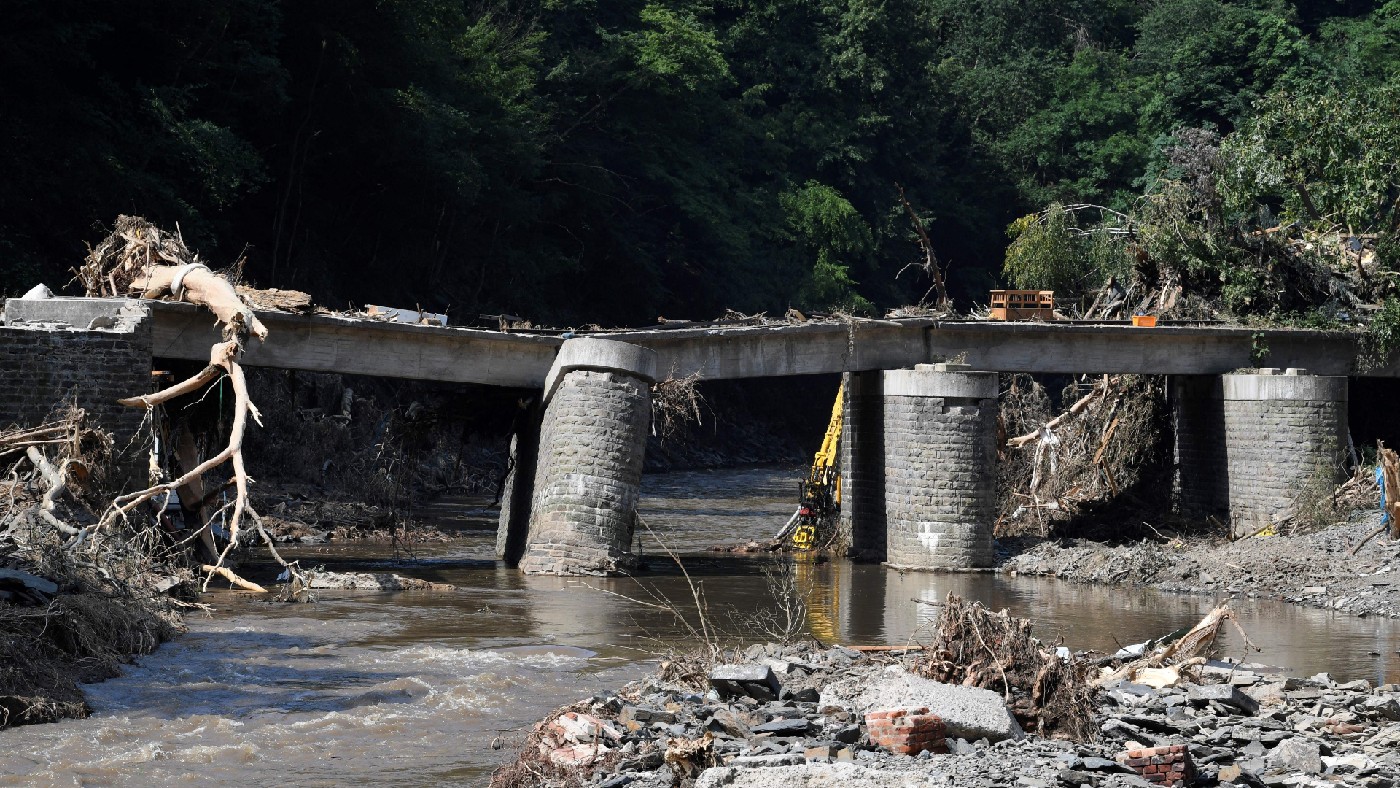 Germany floods: what led to this ‘once-in-a-century’ disaster?
Germany floods: what led to this ‘once-in-a-century’ disaster?Speed Read Nearly 200 people died in Germany and Belgium; hundreds are still unaccounted for
-
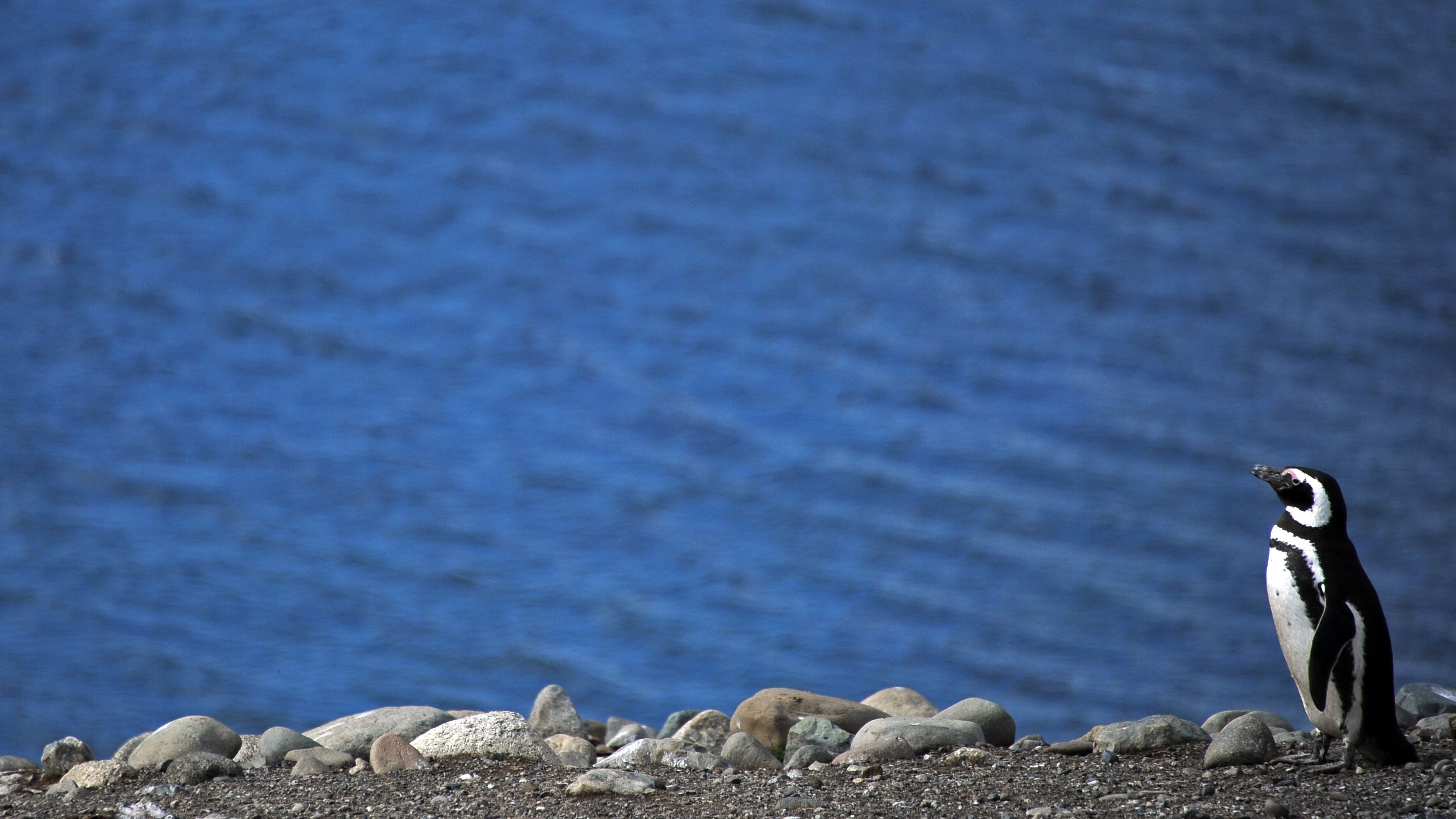 Penguin colony at risk as Somerset-sized iceberg bears down on British overseas territory
Penguin colony at risk as Somerset-sized iceberg bears down on British overseas territorySpeed Read Several species face starvation if the icy giant blocks access to feeding grounds
-
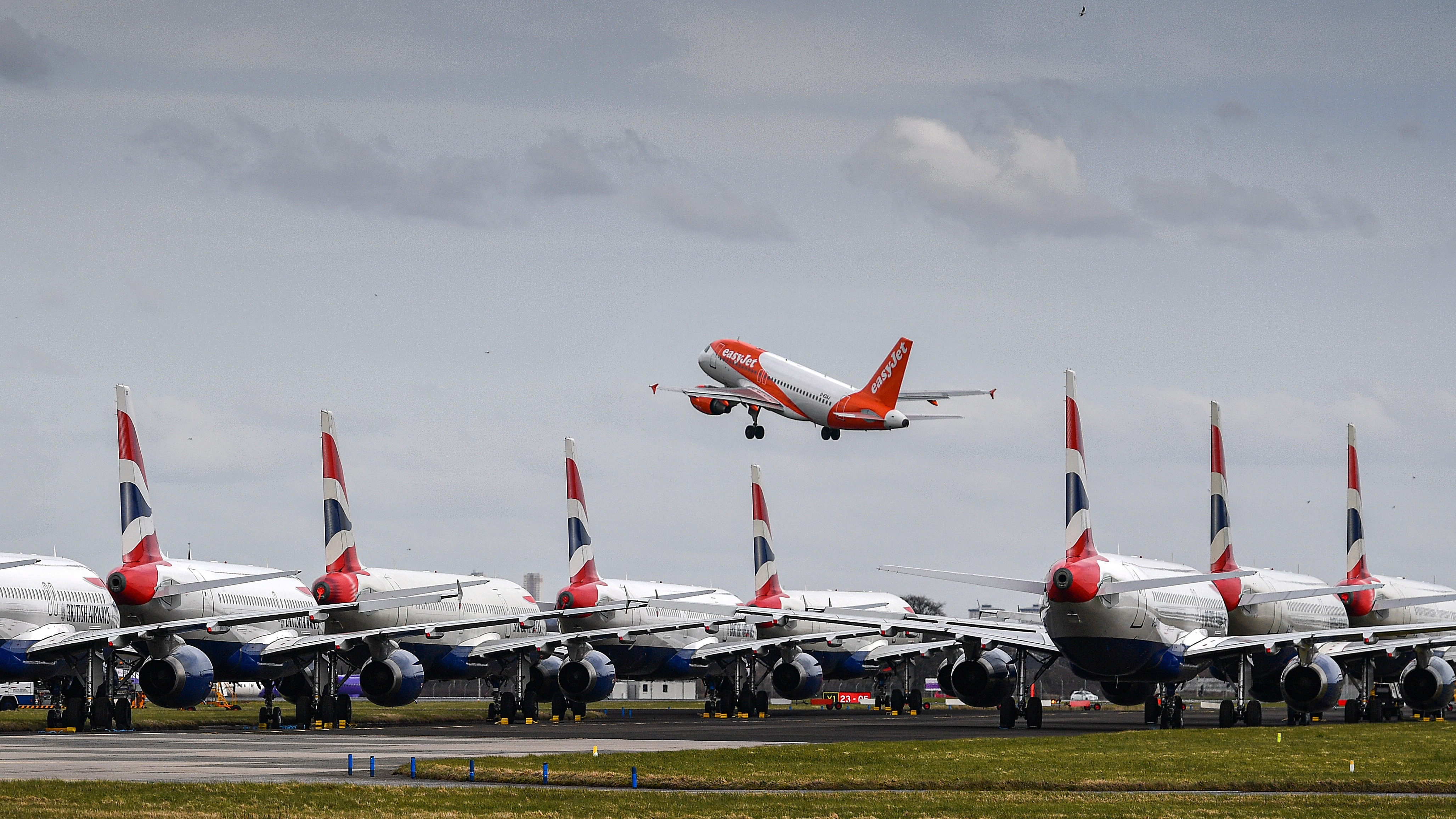 ‘Full of hot air’: climate experts exposed as academia’s most frequent flyers
‘Full of hot air’: climate experts exposed as academia’s most frequent flyersSpeed Read Study results trigger calls for environmentalists to ‘look in the mirror’
-
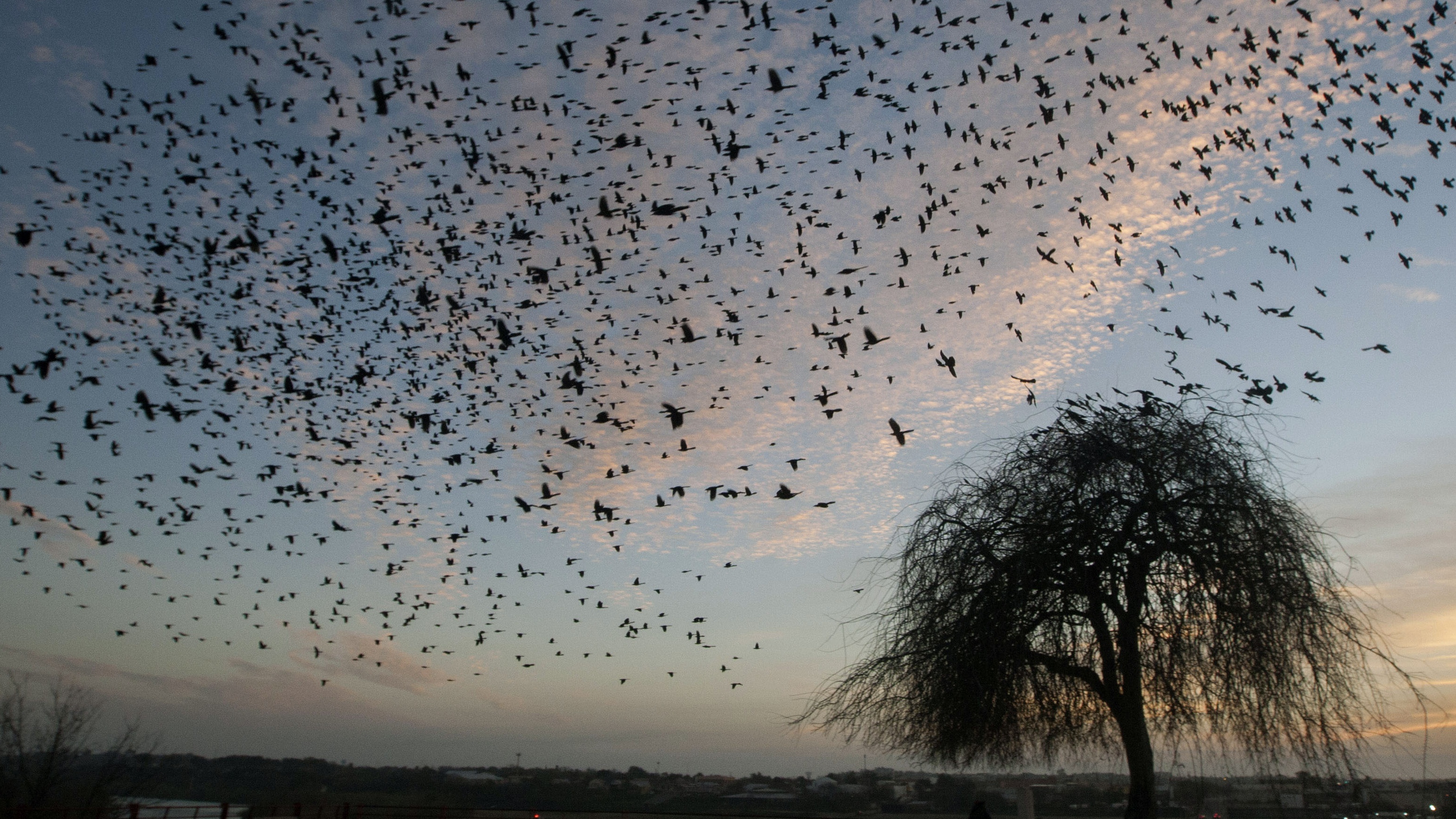 Mystery of millions of migrating birds dropping dead from US skies
Mystery of millions of migrating birds dropping dead from US skiesSpeed Read Some experts believe the West Coast wildfires may be to blame for ‘unprecedented’ mass bird deaths in New Mexico
-
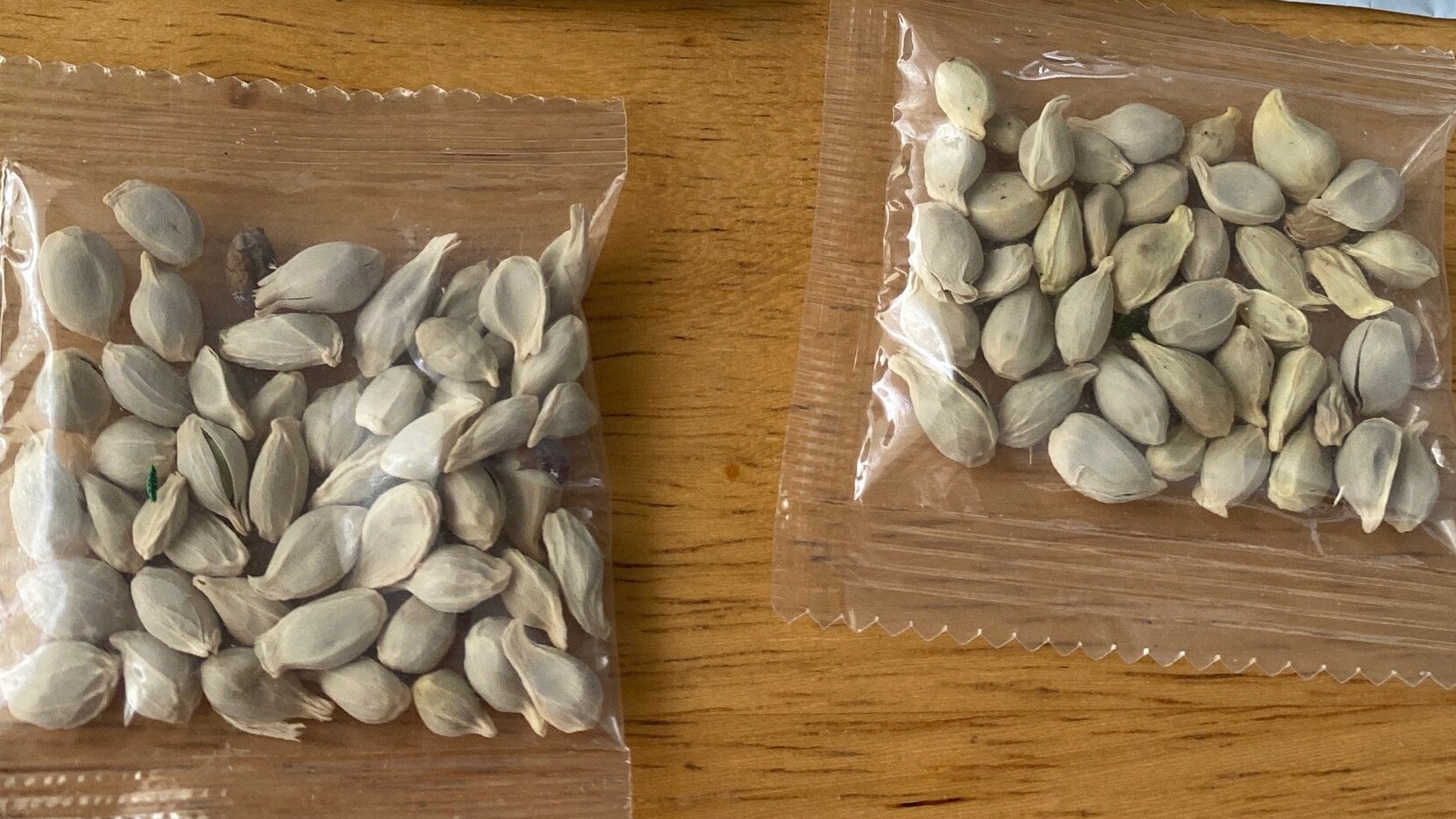 Americans warned not to plant mystery seeds being sent to homes nationwide from China
Americans warned not to plant mystery seeds being sent to homes nationwide from ChinaSpeed Read Officials say the unsolicited packages have been mailed to residents in at least 27 US states